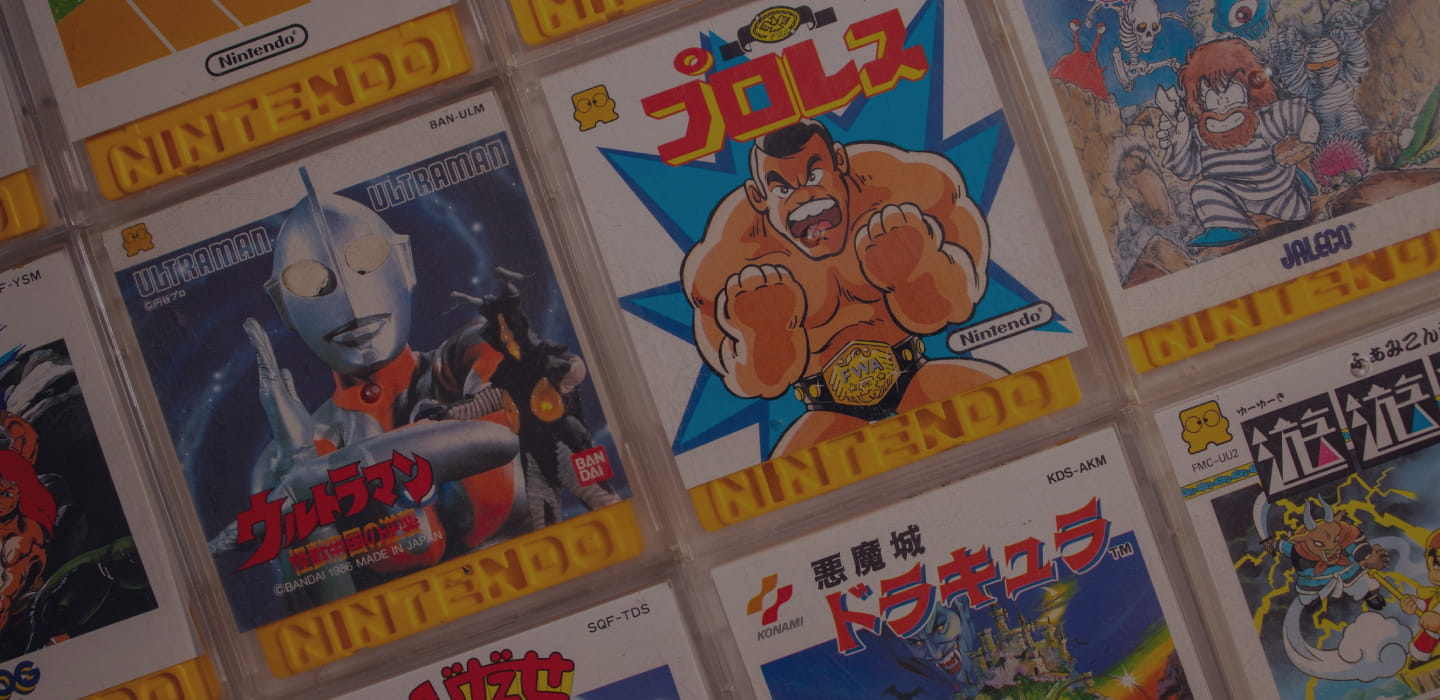
AI can help your studio in many ways; from coming up with ideas, writing placeholder scripts, and even helping market your game. So, where is the technology when it comes to voice-overs? Does it actually work? And how can you use it?
site about unity

AI can help your studio in many ways; from coming up with ideas, writing placeholder scripts, and even helping market your game. So, where is the technology when it comes to voice-overs? Does it actually work? And how can you use it?
Retaining customers is paramount for game studios, as acquiring new customers involves significant costs. In “Game Analytics 100: The Retention Curve,” Russell Ovans from East Side Games delves into the critical aspect of customer retention in the gaming industry. What will you learn? Importance of retention: Customer retention is crucial for game studios, as acquiring new customers is expensive compared to retaining existing ones. Day-n retention: Measures the proportion of players returning to play a game n days after installation, providing insights into player engagement. Retention curve: Generalizes day-n retention by predicting player retention for any day after installation, derived from historical data. Key metrics: Includes day-n retention, average player duration, and lifetime value (LTV) to assess and optimize game performance. Tools: Utilizes statistical regression and data analysis tools like Excel and Tableau to analyze retention data and predict player…

What are the top game design conventions that don’t currently translate well to VR? And what can you do to overcome these? Let’s break it down.

NOTE: Certain platforms send error events automatically if enabled, while others require manual sending. To start sending events for FPS, Boot time, and Memory, it is required to upgrade your SDK to Unity 7.8.0 or newer. Every game developer strives to deliver a seamless and optimized gaming experience. To support your efforts, we expanded the capabilities of Health reporting, introducing FPS (frames per second), Memory Usage management, and App Boot Time features. Complementing existing error messages and related charts, our health reporting toolset allows developers to delve deeper into their game’s performance metrics, identify areas for improvement, and ultimately enhance player satisfaction. Our health feature offers robust filtering capabilities, enabling developers to dissect performance metrics by country, build, and device. Such a granular level of analysis empowers developers to identify performance inconsistencies across different platforms and tailor optimizations accordingly. At…

AAA games are coming to mobile. But will people actually play AAA games on smaller devices? Here’s what we know.

Developing a version of your game for PC or console can help boost sales and reach more players. But is it right for your game?

If you want to optimize your games, improve user experience, and enhance monetization, insights are everything. Understanding player behavior, trends, and preferences can make or break a game’s success. That’s where GameAnalytics’ Raw Export comes in—an innovative feature allowing you to automate the export of your games’ data in its raw JSON format and transfer it in real time. Raw Export was developed with one goal in mind: to empower developers with a need to perform custom analytics. By providing immediate access to raw data, we enable developers to build internal tools without the need for extensive research and development time or infrastructure costs. Developers can, therefore, focus solely on extracting insights and driving their games’ success. Automate your data flow with Raw Export Raw Export is a cutting-edge service that automatically extracts and transfers your game’s raw data to…
Download a comprehensive report of Roblox player behavior and game performance based on GameAnalytics data from 2023. This report highlights critical benchmarks and insights to help Roblox creators optimize their games.
What’s inside?
Devices an…

In-app purchases and advertising aren’t the only ways to generate revenue for your hybrid-casual game. Let’s explore some alternatives.

Securing a coveted spot in the top charts can be a game-changer for developers. It opens doors to increased downloads, revenue, player engagement, and long-term success in the competitive mobile gaming world. To help you navigate the complexities of app stores, we developed the Store Intelligence platform. Store rankings are not just empty metrics; they provide valuable insights into player preferences, market trends, and the factors that drive a game’s success. Access to such metrics is especially important for developers and studios aspiring to get to the top, who do not have the resources for expensive data solutions and data scientists to help them translate acquired data into actionable insights. Together with our Benchmarks, Store Intelligence presents a tangible opportunity to understand your competitors’ strategies and how they turn them into engaging gameplay mechanics, monetization strategies, and more. The biggest…
We have detected that you are using extensions to block ads. Please support us by disabling these ads blocker.